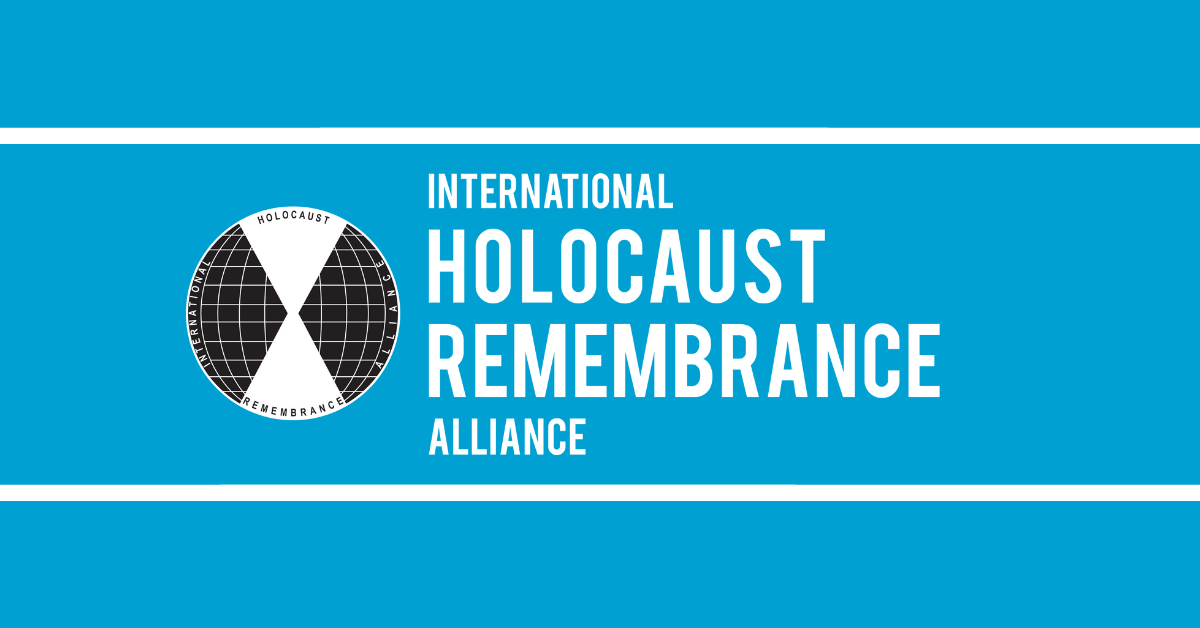Amid a national spike in antisemitism, the Nevada Board of Regents voted on Friday to adopt the International Holocaust Remembrance Alliance (IHRA) Definition of Antisemitism for use in anti-bias and anti-discrimination education and training for all Colleges and Universities of the Nevada System of Higher Education (NSHE).
This is the first time a state higher education system itself actively adopted the measure rather than doing so through legislative decree or gubernatorial order.
Nevada was one of ten US states that announced in January that they will adopt the IHRA working definition of antisemitism. The announcement came as the world marked International Holocaust Remembrance Day.
The IHRA definition of antisemitism is distinct from other descriptions of anti-Jewish discrimination because it says that while not all criticism of Israel is antisemitic, criticism can cross the line into antisemitism when delegitimizing, demonizing, or applying double standards to Israel. The definition also addresses the antisemitic nature of attacks against Jewish individuals or institutions that attribute to all Jews' collective guilt for real or perceived actions by Israel.
So far 28 state governments have adopted or endorsed the IHRA definition, the most widely accepted legal standard for antisemitism internationally. Over 865 national, state and local governments and major public entities have endorsed the IHRA definition in recent years, including the US Departments of State, Education, and Justice.
“Antisemitism is at crisis levels nationally, and the Board of Regents wanted to be proactive here and get in front of the problem. By adopting the IHRA definition of antisemitism we are making a statement that the Nevada System of Higher Education is committed to equal protections for all our students,” said Nevada Regent Byron Brooks.
Brooks spearheaded the Nevada effort over the past 18 months. The NSHE’s Inclusion, Diversity, Equity and Access (IDEA) Committee voted unanimously in September to approve the adoption of IHRA as part of a broader update to anti-bias education and training requirements. The policy recommendation was enacted today at the quarterly meeting of the Board of Regents.

